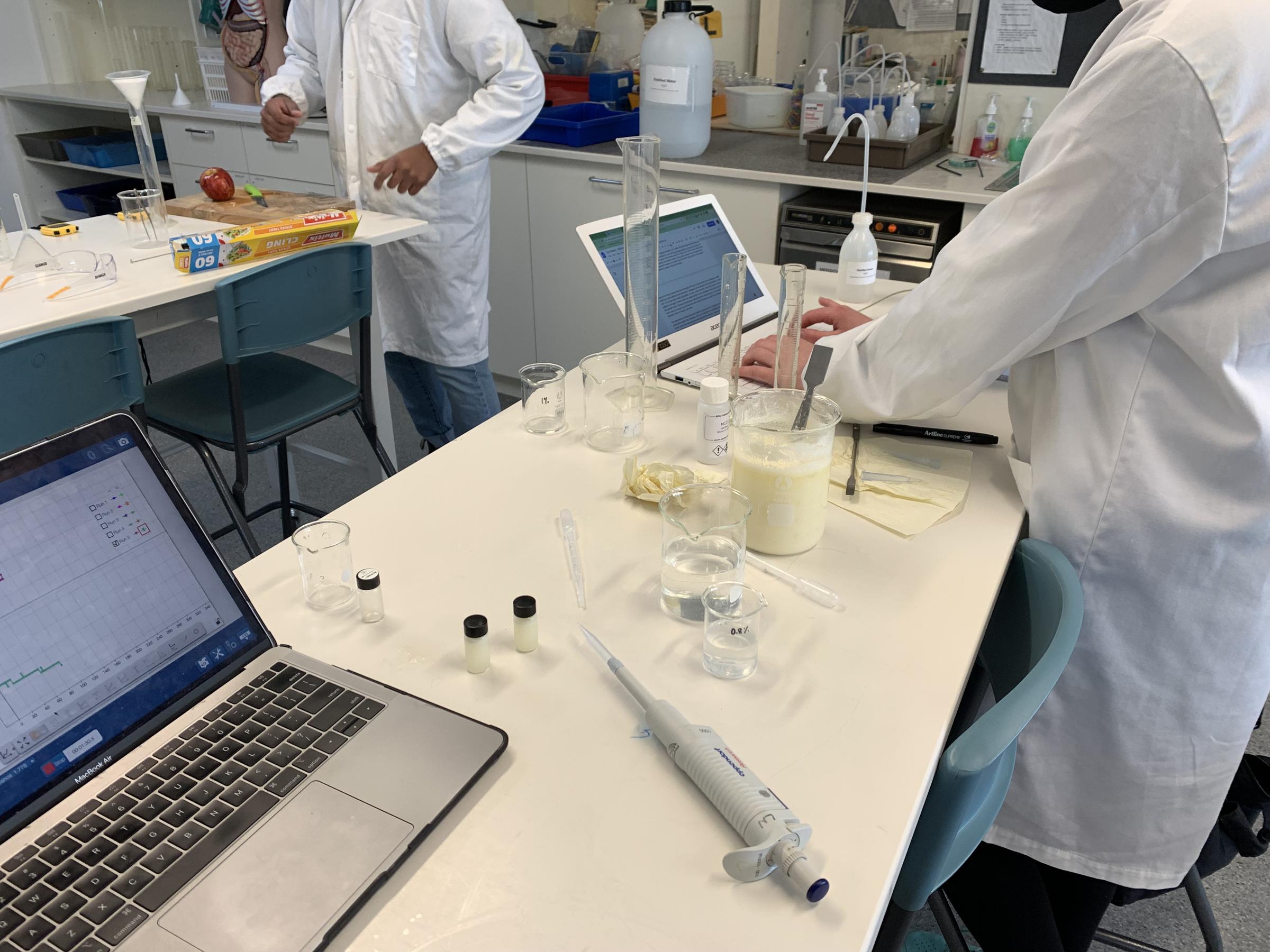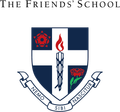IBDP Biology

Group 4 | Biology
| 🎓 Level | HL & SL |
|---|---|
| ⏱ Hours | 150 (SL) or 240 (HL) |
| 📚 Prerequisite | None |
| ℹ️ IB Course Information | Link (HL) Link (SL) |
Each of the Experimental Sciences has the same course structure:
The Standard Level course involves 150 indicative teaching hours over two years. It consists of core material (110 hours), practical work (20 hours), an individual scientific investigation (10 hours) and a collaborative sciences project (10 hours), in which students from all Science subjects cooperate on an investigation.
The Higher Level course involves 240 indicative teaching hours over two years. It consists of the SL core material plus additional HL material (total of 180 hours), practical investigations (40 hours), an individual investigation (10 hours) and a collaborative sciences project (10 hours).
What will I learn?
Biology is the experimental science that studies living organisms. Four basic biological concepts underlie the course: the relation of structure and function of living things, universality of some biological entities in a world of enormous diversity, the essential dynamic equilibrium of life and evolution. The program asks students to develop a broad, general understanding of biological principles while limiting the number of biological facts to be acquired. Learning activities will include laboratory practical work, research investigations and field excursions.
Four themes are studied in both HL and SL Biology:
- Unity & Diversity
- Form & Function
- Interaction & Interdependence
- Continuity & Change
These themes will each be studied at four levels of organisation"
- Molecules
- Celles
- Organisms
- Ecosystems
Why should I consider this course?
Biologists attempt to understand the living world at all levels using many different approaches and techniques. At one end of the scale is the cell, its molecular construction and complex metabolic reactions. At the other end of the scale biologists investigate the interactions that make whole ecosystems function. Many areas of research in biology are extremely challenging and many discoveries remain to be made.
Biology is still a young science and great progress is expected in the 21st century. This progress is sorely needed at a time when the growing human population is placing ever greater pressure on food supplies and on the habitats of other species, and is threatening the very planet we occupy.
Assessment
| Component | Requirement | % |
|---|---|---|
| Individual Investigation | 3,000 words (10 hours) | 20 |
| Paper 1: Multiple choice & data based questions | 1.5 hrs (SL) / 2 hrs (HL) | 36 |
| Paper 2: Short Answer & Extended Response | 1.5 hrs (SL) / 2.5 hrs (HL) | 44 |
What Skills does this course provide?
Through studying the sciences, students should become aware of how scientists work and communicate with each other. While the scientific method may take on a wide variety of forms, it is the emphasis on a practical approach through experimental work that characterizes these subjects.
The aims enable students, through the overarching theme of the Nature of science, to:
- develop conceptual understanding that allows connections to be made between different areas of the subject, and to other DP sciences subjects
- acquire and apply a body of knowledge, methods, tools and techniques that characterize science
- develop the ability to analyse, evaluate and synthesize scientific information and claims
- develop the ability to approach unfamiliar situations with creativity and resilience
- design and model solutions to local and global problems in a scientific context
- develop an appreciation of the possibilities and limitations of science
- develop technology skills in a scientific context
- develop the ability to communicate and collaborate effectively
- develop awareness of the ethical, environmental, economic, cultural and social impact of science.
What Pathway Options does this course provide?
The study of biology prepares students for future studies in all natural and human sciences, including health sciences such as medicine, nursing and allied health services (e.g. physiotherapy, occupational therapy). Biology also helps students to build their general scientific literacy which is essential for all members of our community.
